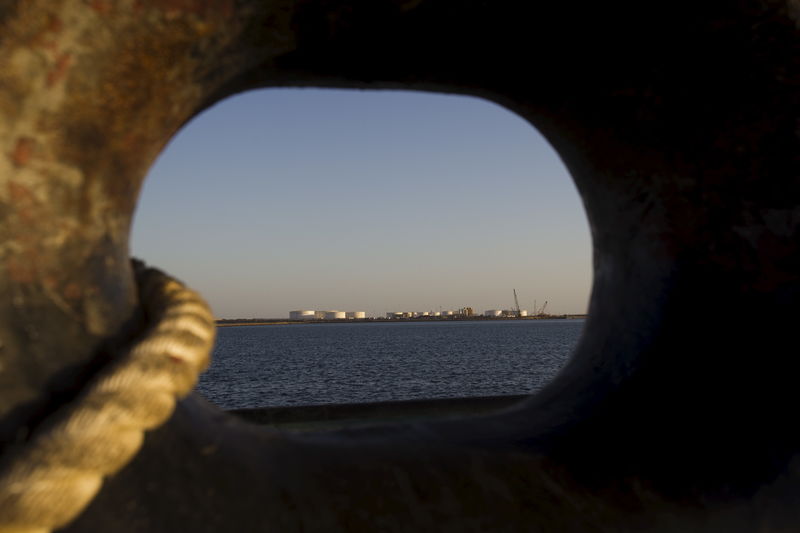LONDON, Aug 2 (Reuters) - An excess of prompt-loading
Nigerian cargoes may ease as a result of the declaration of
force majeure on exports from Libya's biggest oilfield on
Thursday, traders said.
NIGERIA
* A sizeable overhang of August loading cargoes has built up
amid sluggish demand and plenty of competition from North Sea
barrels, interest for which has also been low in recent days.
* Libya's 290,000 barrels per day (bpd) shut down, putting a
quarter of the country's oil production offline. * Buyers are holding out for considerable markdowns on
prompt cargos, dampening enthusiasm for later loading barrels.
* For example, bids for a cargo of Forcados loading at the
beginning of September are well below a $2 premium compared to
dated Brent, while a later one is being offered for £2.50.
* Differentials for August loading Bonny Light and Qua Iboe
crude were at well below a $2.00 premium to dated Brent.
ANGOLA
* Fewer than 10 cargoes remain for September loading.
* After three months of poor sales to top customer China,
most Angolan crude grades are being offered at prices of between
50 cents and a dollar above dated Brent more than for August on
good margins for middle distillates and residual fuels.
* Despite possibly cutting its official selling prices
(OSPs) for lighter crudes, Saudi Arabia may leave prices for
heavier grades unchanged as strong fuel oil margins in Asia also
buoy demand for some Angolan varieties. TENDERS
* Indonesia's Pertamina has issued a tender for 1.8 million
barrels for delivery to Teluk Semangka between Oct. 1-5 and for
two 950,000 barrel cargoes for delivery to Balikpapan between
Oct. 8-15 and Oct. 22-29, set to close on Friday.
RELATED NEWS
* Brazilian state-run oil firm Petroleo Brasileiro SA
PETR4.SA produced 2.76 billion barrels of oil equivalent per
day (boepd) in July, it said in a presentation on Friday, a
strong increase over previous months. * Oil prices slumped on Thursday as the United States
threatened more tariffs on China and traders concluded the
probability of a recession sapping oil consumption had
increased.
